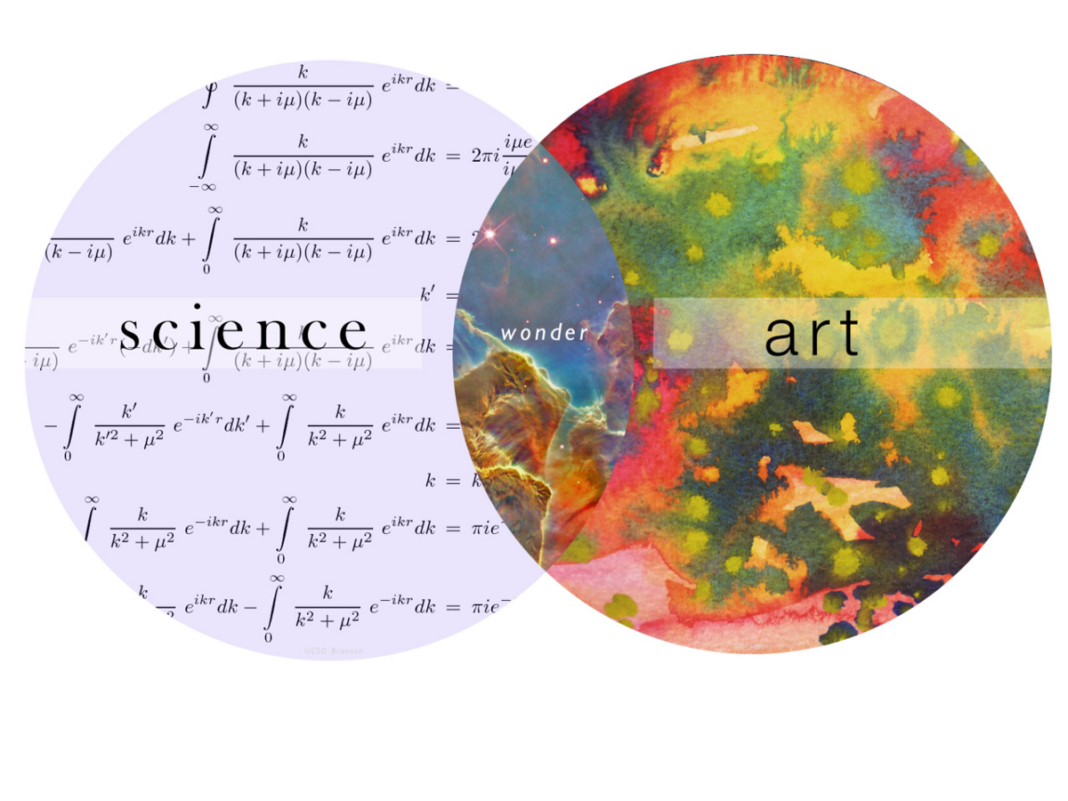Professor’s career hits high note
For most musicians, a Grammy Award nomination would probably be considered a crowning achievement. For Keith Clark, an associate music professor at Portland State, it was merely another accolade to add to a long list of accomplishments.
The nominated album, a compilation of select pieces by American composer Aaron Copland, includes the original chamber version of Appalachian Spring Suite. Nominated in 1987, his recognized album is now recieving additional attention due to an unlikely source: Northwest Airlines.
Recent passengers flying on one of the airline’s worldwide flights will become more familiar with the sound of his success; the album is featured as in-flight music during the month of October.
Clark said that he didn’t even realize his music was being played on the flights until recently.
However great an honor the Grammy nomination was when he recieved it, he is currently helping develope a program that has far greater personal meaning. That project is a music school in the tiny Eastern European country of Moldova.
Moldova has less than a million people and for years was cast in isloation by the presence of the Soviet Union’s Iron Curtain.
The school is populated by approximately 1,500 students and is severely limited technologically. Moldova is also the poorest nation in Europe, so when students return home from school, the likelihood of having a computer or Internet access is highly unlikely. Consequently, Clark is working to bring computers, Web access and other technologies to the education environment.
Moldova is not your typical poor European country struggling to adjust to post-Soviet life; Clark says that even under financial duress, it still maintains three full-time ballet and theater programs. During the Soviet era, it was always highly respected within the USSR for its arts, and has maintained highly valued cultural institutions.
One of the immediate successes in that mission can be seen in the PSU Symphony’s plans to meet up with students from Moldova when they begin their European tour this June.
“The Student Fee Committee has been very helpful to us,” he says regarding the trip’s expenses. The tour tour will start in Germany, then go on to France, Switzerland and finally Italy (though he warns the trip could get shorter if PSU’s funds keep eroding).
Clark’s enthusiasm for helping the students in Moldova is only rivaled by his passion for his love of music and sharing that love with others.
Clark graduated from University of California, Los Angeles, then went on to receive his Ph.D. in composition from Vienna University before beginning work in Italy. One of his first performed works was a theater piece for the Vienna Festival, which he said was based on Oriental music but also incorporated electronic music, which was very cutting-edge at the time. However, the urge to create music he half-jokingly calls “flamboyant” is fading, partly because of his experience teaching musical theory and composition, which he says makes him “reappraise my own work.”
When it comes to a return of focus on more classical work, Clark said, “It definitely has made me be more introspective about my own work, I wouldn’t say it makes me more confined, but maybe more conservative.”
It takes him approximately a year to write an entire symphony, which he says is the ultimate labor of love.
“It’s like I’m a painter with a giant paint box, there are so many options to choose from, so many different things you can do with your tools.”



